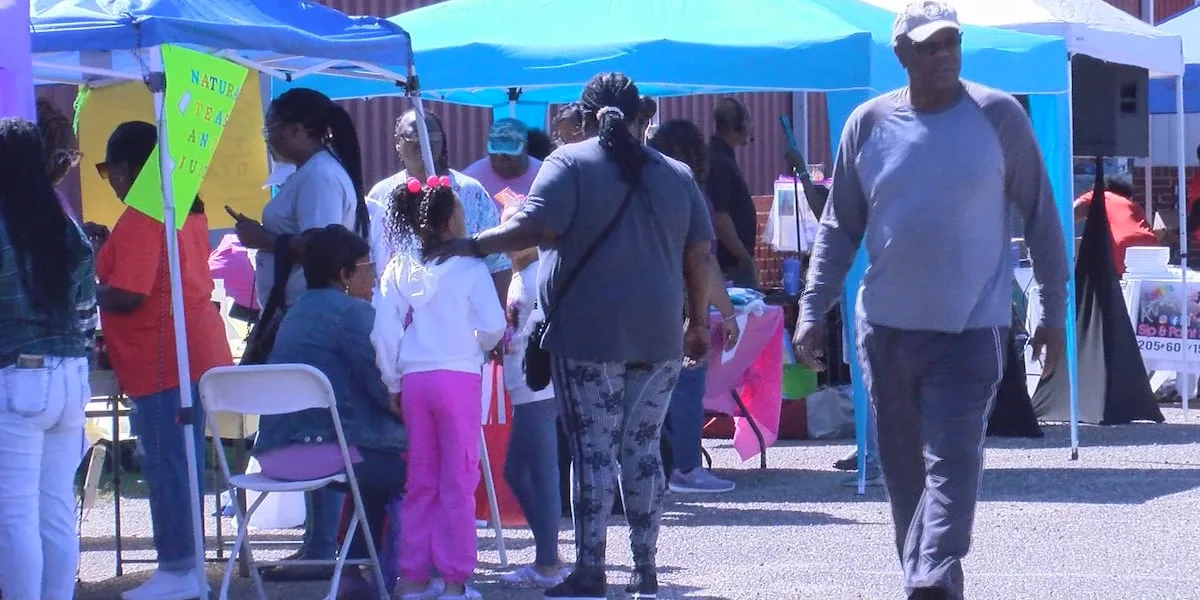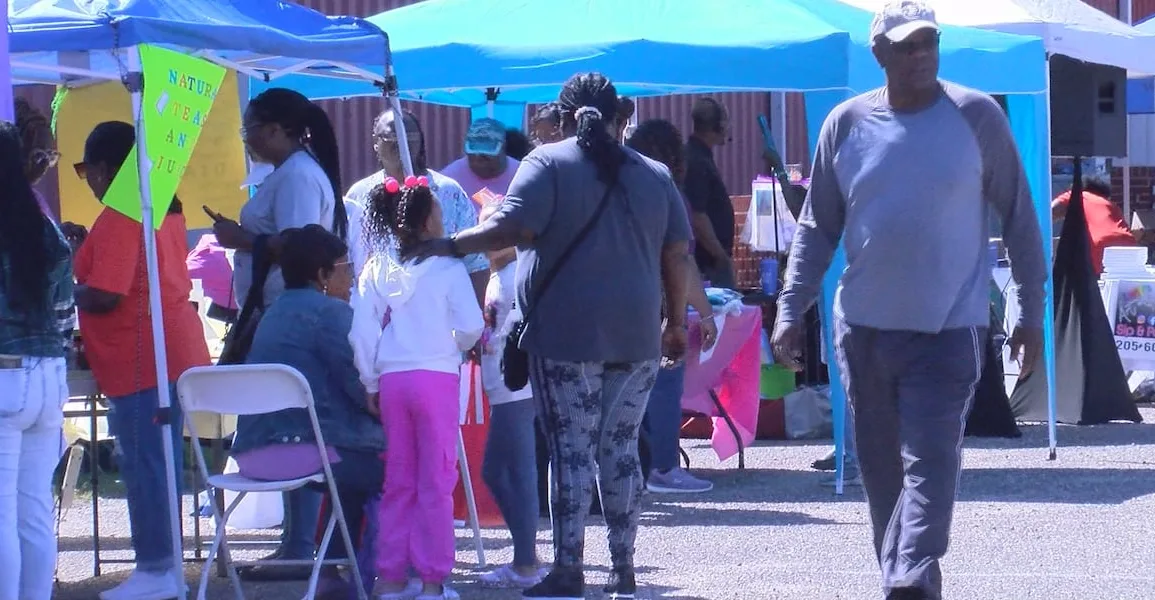
SELMA, Ala. (WSFA) – Cars lined the street outside of the Tabernacle of Praise Church in Selma to speak with medical organizations and providers at a community health fair on Saturday.
“A whole host of vendors here who are participating with us to try to help expand the message of health care inside of the Black Belt,” said Tabernacle of Praise Church pastor Darrio Melton.
The reason that health fairs like this one are so important in the Black Belt is the disparity in health care there. Residents are more likely to suffer from cancer, stroke and many other health issues.
Mudasir Andrabi is an assistant professor at the University of Alabama and was in attendance at the event. Her focus is on cardiovascular health, particularly strokes, in underserved populations like Selma.
“African American and other minority populations which are deprived of health care services, they don’t have accessible and affordable health care,” Andrabi said. “So our goal is to remove those health disparities by making the programs which are affordable, which are accessible to them.”
One of the precursors to a stroke is high blood pressure, which was also a focus. The church partnered with UAB EPIPHANY, a program to identify and address residents in the Black Belt with the condition. They offered free blood pressure screenings while also giving advice on how to keep your blood pressure in check.
“We’re enrolling African American men and women who may be at risk of developing high blood pressure,” EPIPHANY program director Sh’nese Holmes said. “We’re going to teach them habits to help them keep their blood pressure down, hopefully not develop it in the future.”
Cancer is also a disparity in rural communities. One cancer survivor at the event allowed her experience to make a difference by helping others and encouraging people to get screened for the disease while working at the University of Alabama at Birmingham’s O’Neal Comprehensive Cancer Center.
“Cancer, it used to be a capital C, a big word,” cancer survivor Pat Stewart said. “But now it is a helpful word. (It is) very important to get screened.”
The UAB EPIPHANY project is working with 20 churches in the Black Belt, each receiving $1,000 to start their own health-focused projects to help curb the resource disparity in the region.
Not reading this story on the WSFA News App? Get news alerts FASTER and FREE in the Apple App Store and the Google Play Store!
Copyright 2024 WSFA. All rights reserved.


